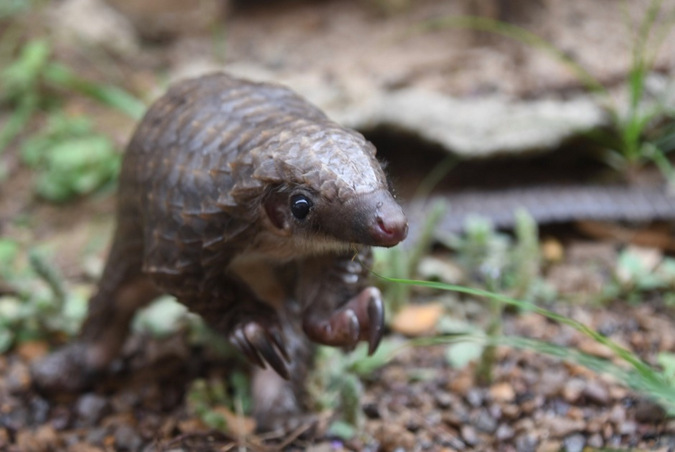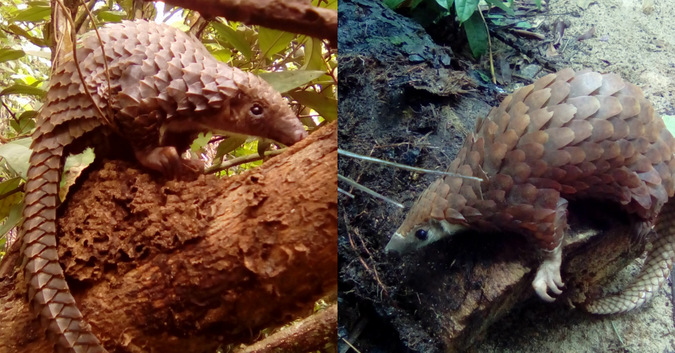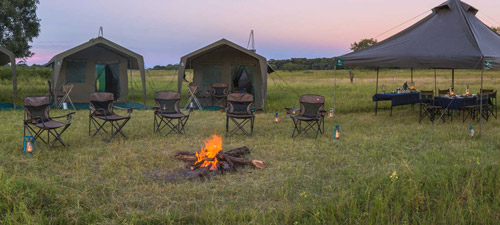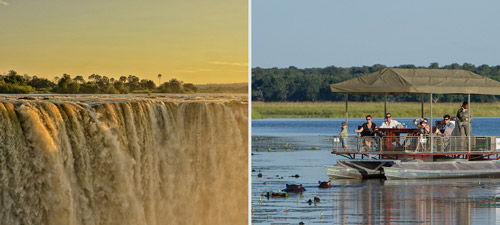
Written by Jason Miller, Sanctuary Manager at Libassa Wildlife Sanctuary
Two steps forward, one step back in pangolin conservation. Liberia is a country in West Africa that has overcome civil war, battled through the Ebola crisis and is currently recovering from the impacts. But there is one more issue to confront – the illegal wildlife and bushmeat trade.
As a citizen from the UK, it is only obvious that I stand out like a sore thumb. But it’s not because of my skin tone, but rather my reputation to chase down “sweetmeat”. Ask any Liberian about the pangolin locally known as the ansbach, and their first association of the animal will be a reference to its flavour.
Liberia has three of the four species of pangolins found in Africa and last year the wildlife trade monitoring network TRAFFIC released a report that named the country as one of the main origin countries for pangolin trafficking.
Myself and an FDA (Forestry Development Authority) ranger usually go out and confiscate animals from the illegal wildlife and bushmeat trade. We then take them back to Libassa Wildlife Sanctuary – Liberia’s only rehabilitation centre which aims to release all of the animals confiscated back to the wild in protected areas. However, rangers are unarmed and on most occasions the village will surround us, confront us, shout abuse and show physical acts of aggression, threatening our safety in their efforts to scare us away. It’s a very dangerous situation to be in, but it’s all in the name of pangolin conservation.

Pangolins, like many other wild and domesticated animals, can be seen hung upside down alive by the roadside and waved around at passing vehicles to be purchased for around US$20-30. My truck and my face are recognised by many now, causing the sellers to flee as I approach or drive by.
They are aware of the law; they are afraid of my presence. Therefore we are seeing less pangolin sellers in areas that we frequently visit.
Most police officers are unaware of the law so are unwilling to help, although there are those who just play ignorant. When confiscating a monkey the police took sides with the owner, saying he had the right to keep the monkey as a pet and our presence was humiliating. Sadly, money can buy your way out of sticky situations, corruption is just another problem Liberia needs to triumph over and phase out.
However, awareness workshops and a confiscation unit are in progress. So hopefully the pangolin population can recover, before it’s too late.
To comment on this story: Login (or sign up) to our app here - it's a troll-free safe place 🙂.![]()
HOW TO GET THE MOST OUT OF AFRICA GEOGRAPHIC:
- Travel with us. Travel in Africa is about knowing when and where to go, and with whom. A few weeks too early / late and a few kilometres off course and you could miss the greatest show on Earth. And wouldn’t that be a pity? Browse our ready-made packages or answer a few questions to start planning your dream safari.
- Subscribe to our FREE newsletter / download our FREE app to enjoy the following benefits.
- Plan your safaris in remote parks protected by African Parks via our sister company https://ukuri.travel/ - safari camps for responsible travellers






